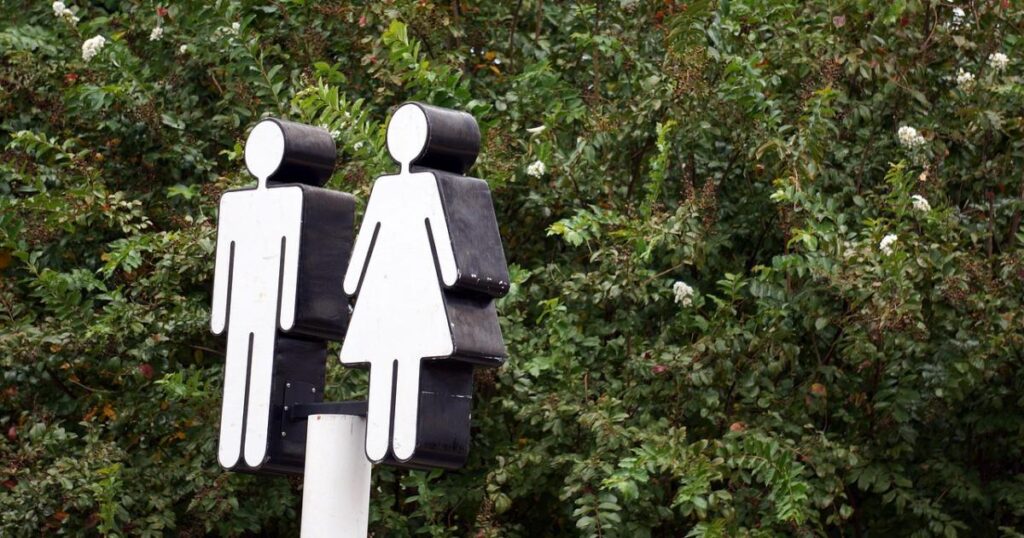The criticism comes in response to proposed changes to the Equalities and Human Rights Commission’s (EHRC) Code of Practice, following the Supreme Court’s ruling on the definition of sex under the Equality Act in April.
The council argues that the new guidance, which suggests that staff should check a person’s sex at birth before granting access to single-sex services or spaces, is unworkable and risks breaching individuals’ privacy and exposing them to harassment.
Cllr Sheila Chapman, executive member for equalities, communities and inclusion at Islington Council, said: “When the body responsible for preventing discrimination is suggesting we should check everyone’s birth certificates before they use the bathroom, it’s time for them to pause and think again.
“This rushed and contradictory proposed guidance would risk both the harassment of trans people and anyone who doesn’t conform to gender stereotypes – putting them at risk of being forced to prove their biological sex when someone thinks they don’t look like what their idea of a woman should be.”
Cllr Chapman said the guidance could have serious real-world consequences for service users and staff.
She said: “Expecting reception staff in a busy leisure centre or a domestic violence service to determine whether someone is trans, without subjecting them to harassment or breaching their right to privacy, is not practical.
“It risks legal confusion and a culture of suspicion.
“That’s why we have called for the EHRC to pause this botched process – properly listening to trans communities – rather than simply causing further confusion.”
The council also criticised the EHRC’s six-week consultation period, arguing that it was too short to consider the complex legal and social implications or to gather input from affected communities.
Additional concerns raised by the council include the lack of resources or infrastructure to create additional single-sex spaces or services for trans people, as the proposed guidance suggests.
The UK Supreme Court ruling clarified that under the Equality Act 2010, ‘woman’ does not include transgender women with gender recognition certificates, meaning they can be lawfully excluded from certain single-sex spaces.




